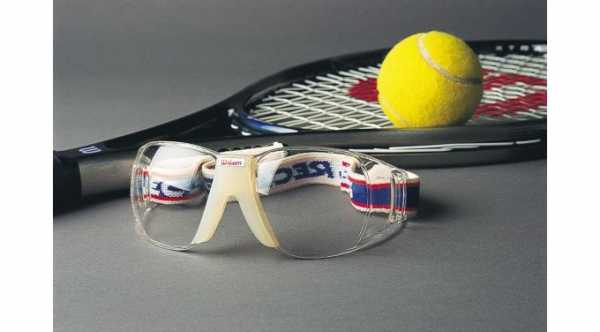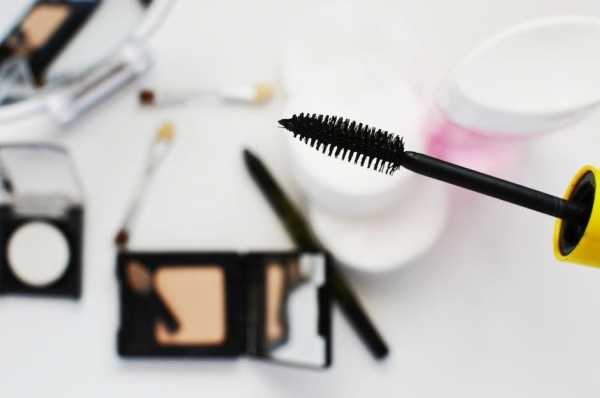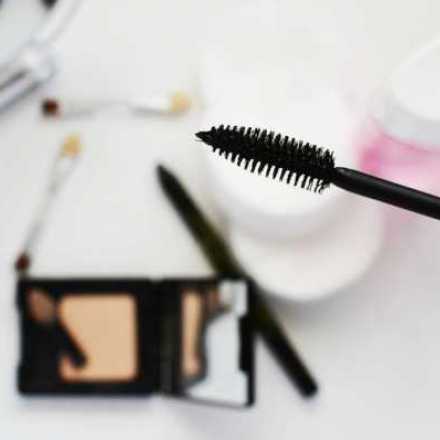
Protective Eyewear could prevent 40,000 injuries each year
It is a very common experience to get hit by a ball while playing any of your favorite sports like tennis, football, volley ball etc. This can be particularly dangerous if the ball hits your eye as, in addition to causing physical injury, it can lead to a compromised visual acuity as well.
According to an estimate, every year, about 40, 000 players get different types of eye injuries while playing sports or during recreational activities in United States alone. About one-third of this calculated estimate has been found to be children of school age.
According to the American Academy of Ophthalmology, wearing protective eye wear is the only possible way to prevent your eyes from any kind of injury during sports. These sports specific eye wears should be adjusted by an eye care professional
Sports related eye injuries can be consider as traumatic eye injuries and range from minor injuries to severe damage of ocular tissue. These may include minor bruise, corneal abrasions, intra ocular bleeding, retinal detachment, traumatic optic neuropathy or even blindness. Sometimes even the apparently minor injuries need full evaluation and can prove to be lethal.
Currently, proper eye wears are available for a wide variety of sports like football, lacrosse, hockey, water polo, downhill skiing, soccer and racquetball. It is advisable to use only those protective eye wears which have been tested according to the standards set by the American Society of Testing and Materials (ASTM).
It has been found that the protective lenses made from the polycarbonate material are the best choice to be used as protective eye wear. This is because of their capability of absorbing the impact of any projectile travelling at a speed of 90 miles per hour.
Prevention is always better than cure. It is always best to have a prior protection for a harmful situation than to have false assumptions regarding your safety.









